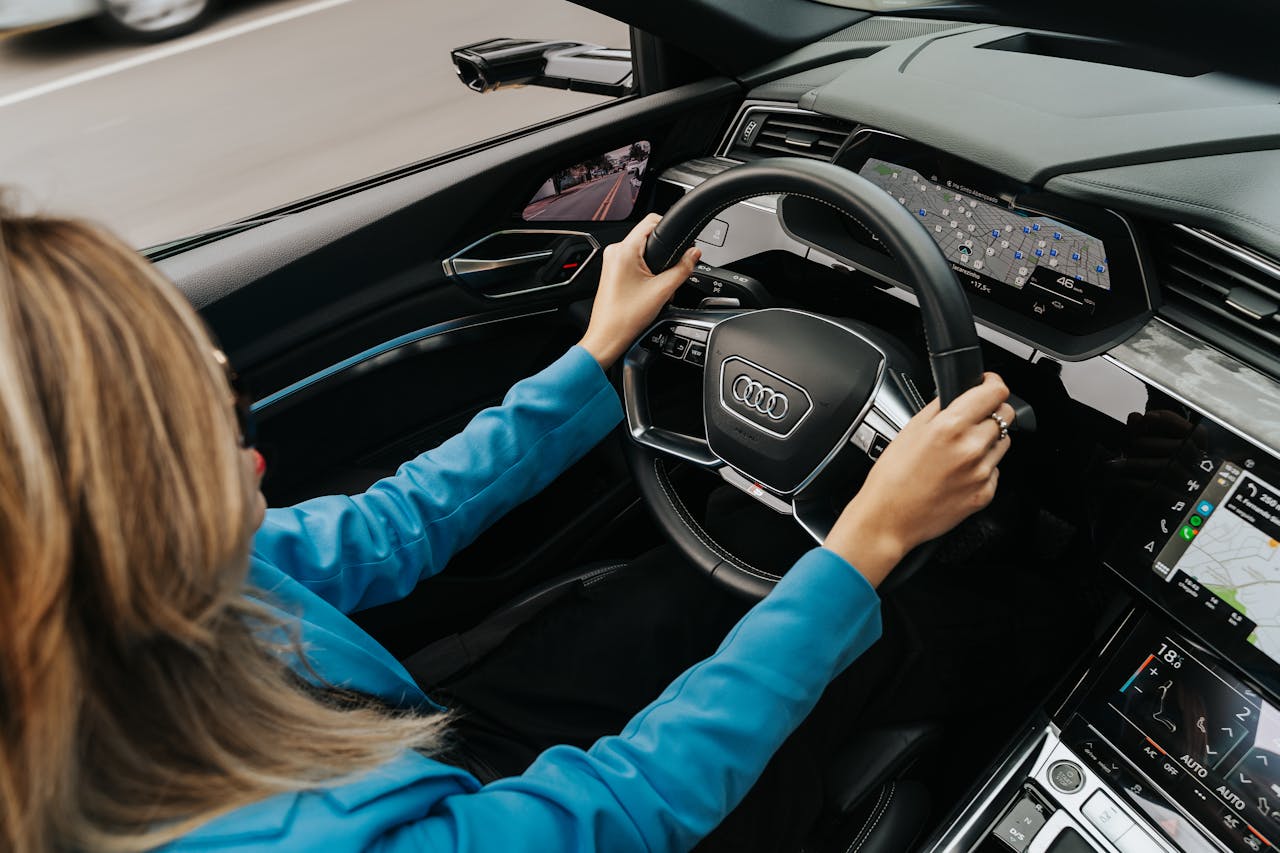
New drivers tend to be cautious, excitable, and not always sure what to do. This can especially apply to teens. Even though teens with learner permits must be accompanied by a licensed adult driver, it doesn’t mean accidents can’t happen. The adult can only give the teen advice, they can’t grab the wheel to prevent a collision.
Establishing fault in car accidents involving learner’s permits is crucial if you’re planning on filing an injury claim. However, the law is pretty clear when it comes to minors filing a personal injury claim. They must have an adult file on their behalf. So, does this same law still apply if a minor is responsible for causing your car accident?
The Lonestar State doesn’t stop adults from filing an accident claim against a minor. As long as you can prove the minor was acting recklessly, negligently, carelessly, or intentionally, you shouldn’t run into any issues with state law. This even applies if the minor only has a learner’s permit.
The law doesn’t really care which type of driver’s license the teen has. The law only cares about the teen’s actions and/or behavior. So, if you can prove negligence, you can file an accident claim naming the teen driver as the at-fault party.
What you may not be considering is your accident claim is probably against the parent’s insurance provider. Most teen drivers, especially if they only have a learner permit, are on their parent’s insurance policy.
If the parents aren’t carrying the teen on their insurance or they don’t have an active policy, you can file a lawsuit against the minor. However, even if you win your accident claim, getting compensation is going to be tough. Most minors will never be able to come up with your settlement amount.
The payments on your settlement also don’t start until the minor turns 18. Trying to sue a minor is complicated and time-consuming. If you decide to go this route, it’s best to talk to a Texas accident attorney.
Parents aren’t allowed to just let their teens run wild. Texas wants parents to take responsibility for their children, even when their teen is driving. Known as parental responsibility laws. The statute goes a little further than requiring parents to have a general idea of where their children are. In specific scenarios, parents can be liable for your property damage caused by the teen driver:
Even though parental responsibility laws can make it a little easier to recover some compensation, settlement caps may apply. If you’re claiming the teen’s behavior is malicious or willful, your settlement amount is capped at $25,000. In other words, you can’t recover more than the cap regardless of your damages. Don’t forget, this law only applies to property damage. Your medical expenses and other losses are claimable.
The driver’s age really isn’t going to impact what you do to file a car accident claim. With that being said, it’s a good idea to pay close attention to the evidence. Filing a claim against a minor is tricky, and you’re going to need plenty of evidentiary support.
While tough, ignore any tears and pleas from the teen driver. Sure, you feel bad for reporting the accident but it’s a crucial step. Reporting the accident not only documents the incident but can also help protect everyone’s rights.
Minors tend to enjoy a few more rights than adults and you don’t want to interfere with any of them. Violating a minor’s rights can land you in a lawsuit filed by the teen’s parents. You’re also going to have trouble filing an accident claim. Let the authorities take care of exchanging information and jotting down accident details.
Okay, you called the authorities to investigate the accident so you don’t want to get in their way. With that being said, you also want to ensure you have plenty of evidence to support your vehicle accident claim.
Grab your smartphone and open the camera app. You’re going to turn into an amateur photographer. The images don’t need to be perfectly centered but make sure they’re not blurry. Take pictures of your vehicle damage and of any minor visible injuries. Take a picture of your vehicle’s position, this can help establish liability. Don’t take any pictures of the teen driver. Privacy laws often apply to minors.
Make note of any witnesses and surveillance cameras. Get contact information from the witnesses, but don’t discuss the accident. The witnesses may try to guilt you into dropping your accident claim. After all, the driver’s a minor just starting out behind the wheel. There’s no reason to start ruining their driving record. This may hit a nerve, but remember, you also have rights which include recovering compensation.
After you’ve gathered all of your evidence, it’s time to send a letter of notice to the insurance company. The letter lets the insurer know you’re filing a claim for damages. You’ll outline the details of the accident, and list and total your damages. This is also when you attach things like the accident report, medical records, bills, receipts, and property damage estimates.
Your claim may also include non-economic damages like pain and suffering. Your Texas personal injury attorney can help you calculate the value of these losses.
Filing an insurance claim against a teen driver is tough. You’re probably going to run into a few roadblocks. Partnering with a Texas accident attorney can help ensure the process goes a little more smoothly.